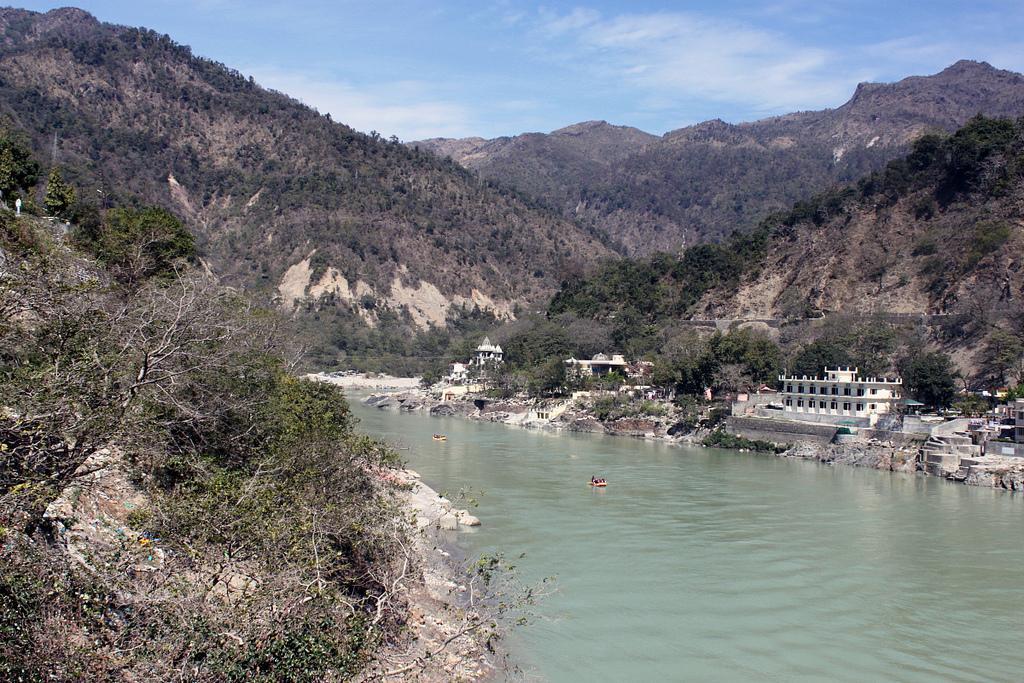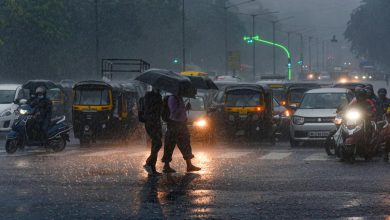Yamuna River

The Yamuna River, a silent witness to the ebb and flow of centuries, stands as more than a geographical waterway. In this exploration, we delve into the profound cultural importance of the Yamuna River, tracing its influence across the diverse tapestry of Indian heritage.
Mythological Threads and Spiritual Sanctity:
Embark on a spiritual journey through Hindu mythology, unraveling the mythological threads that bind the Yamuna to the sacred. Explore its association with deities and the spiritual sanctity that makes it a revered watercourse.
Architectural Grandeur and Historical Footprints:
Explore the architectural grandeur and historical footprints left by civilizations along the Yamuna’s banks. From ancient temples to Mughal marvels, witness the cultural imprints that have shaped the river’s identity.
Festivals and Celebrations:
Delve into the festivals and celebrations that come alive along the Yamuna. From the vibrant celebrations of Holi to the religious fervor of Yamuna Aarti, experience the cultural vibrancy that defines the river’s festivities.

Literary Inspirations and Artistic Expressions:
Uncover the literary inspirations and artistic expressions that find solace along the Yamuna. Explore the verses of poets and the strokes of artists inspired by the river’s beauty and cultural significance.
Local Traditions and Folklore:
Immerse yourself in the local traditions and folklore that weave stories along the Yamuna. Explore the oral narratives passed down through generations, shaping the cultural identity of communities.
Environmental Conservation and Cultural Responsibility:
Understand the delicate balance between environmental conservation and cultural responsibility. Explore initiatives aimed at preserving the Yamuna’s cultural heritage while ensuring its ecological sustainability.
Pilgrimage Routes and Spiritual Sojourns:
Embark on pilgrimage routes along the Yamuna, tracing the paths of devoted pilgrims seeking spiritual solace. Witness the symbiotic relationship between cultural importance and spiritual tourism. Yamuna River attractions include the Taj Mahal in Agra, Agra Fort in Agra, Jama Masjid in Delhi, and Red Fort in Delhi.
Rituals and Ceremonies:
Immerse yourself in the rituals and ceremonies that take place along the Yamuna. From sacred ablutions to traditional ceremonies, understand the significance of these time-honored practices.
Contemporary Challenges and Future Prospects:
Examine the contemporary challenges faced by the Yamuna and the prospects for its cultural significance in the future. Discuss sustainable practices and community-driven efforts for the river’s preservation.
Cultural Identity and Regional Influences:
Explore how the Yamuna has shaped the cultural identity of the regions through which it flows. From language to cuisine, witness the enduring impact of the river on the daily lives of the people.
Conclusion: Yamuna River – A Cultural Reservoir:
As we conclude our exploration, reflect on the Yamuna as a cultural reservoir, holding within its waters the echoes of a rich and enduring legacy.
Know More about Yamuna River.
What are The Religious Places of Yamuna River?
When Did The Yamuna River Basin Become a Focus?
Where is The Yamuna River Located?
Who Were The Key Historical Figures and Civilizations of The Yamuna River?
How to Reach Yamuna River?




